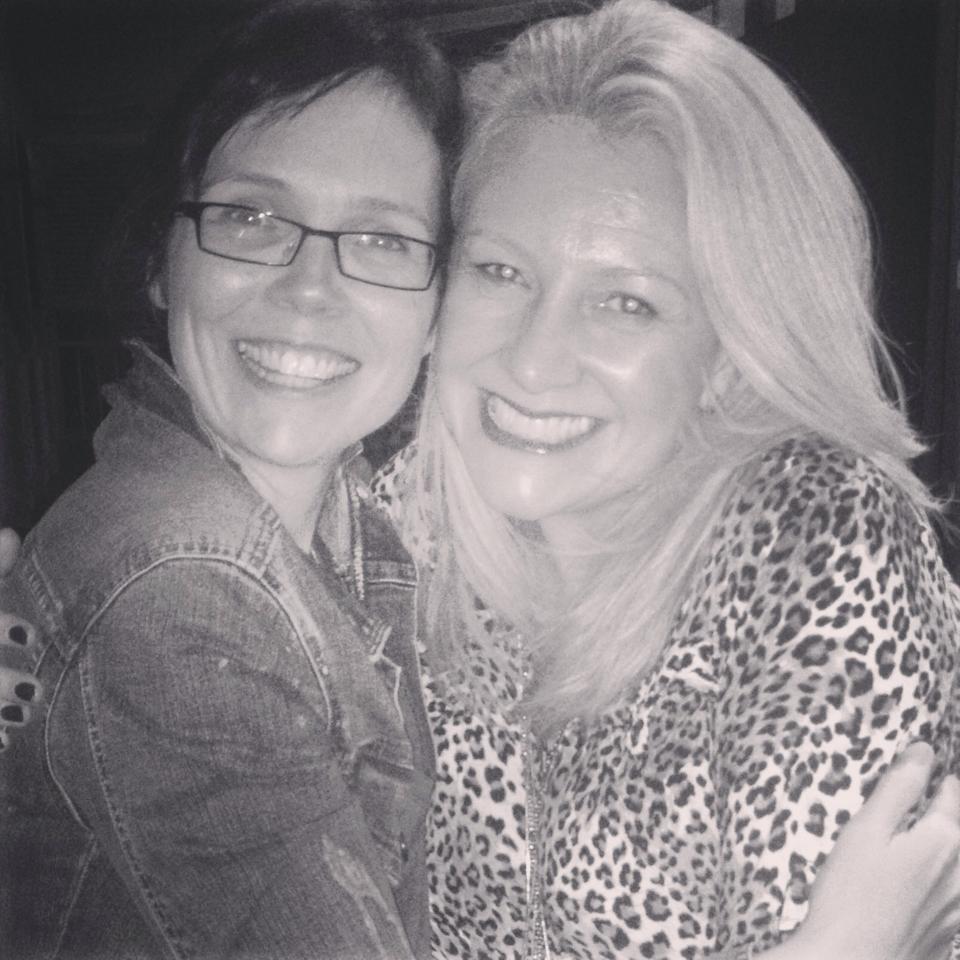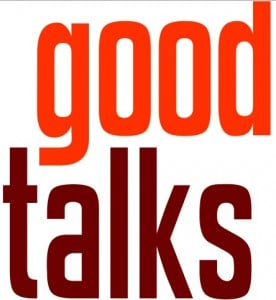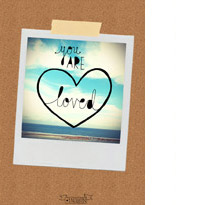I recently posted the following on my Facebook page. It quickly attracted over a hundred shares so I thought it worth sharing with you here too.
Sometimes I see things marketed towards teen girls under the guise of “empowerment” that make me feel deeply uneasy. It’s fine if girls want to dabble with cosmetics, or focus on styling. These things can be enormously fun (getting a pedi or having my hair blow-dried are amongst my favourite “me-time” things to do). But they aren’t by any stretch of the imagination going to “empower” you or genuinely improve your sense of worth long term ( just make you feel pampered perhaps, and help you to conform to a narrow definition of beauty). Besides, I’d argue that girls are already bombarded with messages about what defines beauty in this culture; the average young person sees between 400-600 advertisements every day and at least 50 of these will provide girls with a direct message about what size, colour, shape and look they need to have to be considered “worth it”.
Obviously I believe in my company Enlighten Education‘s approach. It focuses on the whole girl ( positive body image, managing stress, fostering positive friendships, money management, navigating cyber world, establishing and reaching career goals, making healthy dating and relationship choices, feminism). Enlighten is also non-commercial, non-denominational and strategy based; a program developed by experienced educators. And it’s incredibly engaging! We’ve been doing outstanding work in this space for over 10 years and have won numerous Awards for our work ( including being a Finalist for an Australian Human Rights Award twice).
But I also strongly believe in the work others are doing in this space. There are some books for teen girls that all young women should have on their book shelf ( apart from mine of course!). Emily Maguire‘s “Your Skirt’s Too Short: Sex, Power and Choice.” Rebecca Sparrow‘s “Find Your Tribe” and “Find Your Feet.” Abigail Bray’s “Body Talk: A Power Guide For Girls.” Kaz Cooke’s “Girl Stuff.” Melinda Hutchings‘ “It Will Get Better.” For younger Christian girls Sharon Talbot Witt‘s books.Local bloggers / writers to follow include Rachel Hansen: Good Talks on all things related to sex education, Nina Funnell for brilliant analysis on culture and ground-breaking work on respectful relationships, BodyMatters Australasia for support with eating disorders, and lots of the stuff at Birdee ( which is written by young women) is very interesting – although the language can be strong so it’s for an older teen reader. Internationally, A Mighty Girl and Amy Poehler’s Smart Girls are brilliant. Intensive in-school workshops on cyber safety by PROJECT ROCKIT also look very good (I’ve not seen them deliver, but hear wonderful things).
Let’s demand GREAT things for our girls!
In keeping with the goal of expecting great things for girls, I want to share with you here an extract from a new book from one of the authors I mention above, Rebecca Sparrow. Bec’s newest title, “Ask me Anything” will be in stores this November ( University of Queensland Press). I was thrilled when she asked me to respond to a couple of the very real questions she had teen girls ask her in this title as I couldn’t love this book anymore if I tried. Bec’s writing for young women is exactly what they need and deserve; it is positive, authentic, highly engaging and, above all, wise. Listening to her voice here is like being embraced in a warm hug isn’t it?
More of this for girls please. More.

Q. I’m ugly. So how will I ever get a boyfriend?
Define ‘ugly’ for me.
Ugly in what way? Because let me tell you what ugly means to me. Ugly is someone who is racist or homophobic or sexist. Ugly to me is the person who belittles others to make themselves feel better. Ugly is the person who mocks others, who celebrates at the misfortune of those around them. Ugly is disloyalty and unkindness. Ugly is the person who is verbally or physically abusive to others.
But I don’t think that’s what you’re talking about.
You’re calling yourself ugly because you have too many freckles or big ears or chubby thighs. You think you’re ugly because you hate your stupid flat hair or your boobs, which are too small (or too big) or that scar above your left eye.
Darling heart, that’s not ugly. That’s called you learning to love yourself. Nobody is perfect. We all have things we dislike about ourselves – even supermodels like Megan Gale and actors like Jennifer Lawrence. Life is about loving what you’ve got. And it’s about putting your best foot forward. If you’re feeling like one big hot mess (and everybody does at least once a week!), there’s nothing wrong with reading up on how to dress to suit your shape. There’s nothing wrong with talking to a hairdresser to get a great haircut that suits you to a tee.
But it’s not your face or your cute skirt or your haircut or a thigh-gap that someone falls in love with. It’s your spirit. Your personality. It’s the way you really listen when people talk. The way you always nail the art and culture questions when you play Trivial Pursuit. It’s your kindness, your patience, your famous lip-smacking chocolate cake. It’s the joy you bring with you, your compassion, your empathy. It’s the way other people FEEL when they’re around you. It’s your ability to see the good in others. It’s your glass-half full attitude. It’s the delight you take in laughing at yourself. It’s your passion for human rights OR saving the orang-utans OR student politics. It’s your confidence when you walk into a room with a smile that says you know you belong there. Confidence is magnetic.
You’re ugly? No you are not.
And the boyfriend will come. Give it time. Wait for the person who loves the quirky things about you that make you special. Wait for the person whose eyes light up when you enter the room. And that person who loves you madly, deeply will arrive. There is a lid for every jam jar, as someone once said to me.
And PS you don’t “get” a boyfriend, dear girl. YOU get to CHOOSE someone. If you wanted a boyfriend (or girlfriend) that badly you could have one by now – you and I both know that. You could nod your head at the next desperate teenager you come across. But you’re talking about someone special. And maybe you’re not quite ready yet anyway? Because if you’re sitting around thinking you’re ugly, if YOU can’t appreciate how awesome and magical and beautiful YOU are – then how can someone else see it? Fall in love with yourself first and that then gives permission for others to follow your lead and fall in love with you too.


 Rachel Hansen is the progam manager for Enlighten Education in New Zealand and is an experienced educator who has a first-class honours degree in Psychology and a Masters degree in Criminology from Cambridge University (UK). Rachel is the founder of Good Talks, an organisation that offers sexuality education to schools and parents.
Rachel Hansen is the progam manager for Enlighten Education in New Zealand and is an experienced educator who has a first-class honours degree in Psychology and a Masters degree in Criminology from Cambridge University (UK). Rachel is the founder of Good Talks, an organisation that offers sexuality education to schools and parents.


 Indeed, Peter Mayle’s
Indeed, Peter Mayle’s 


